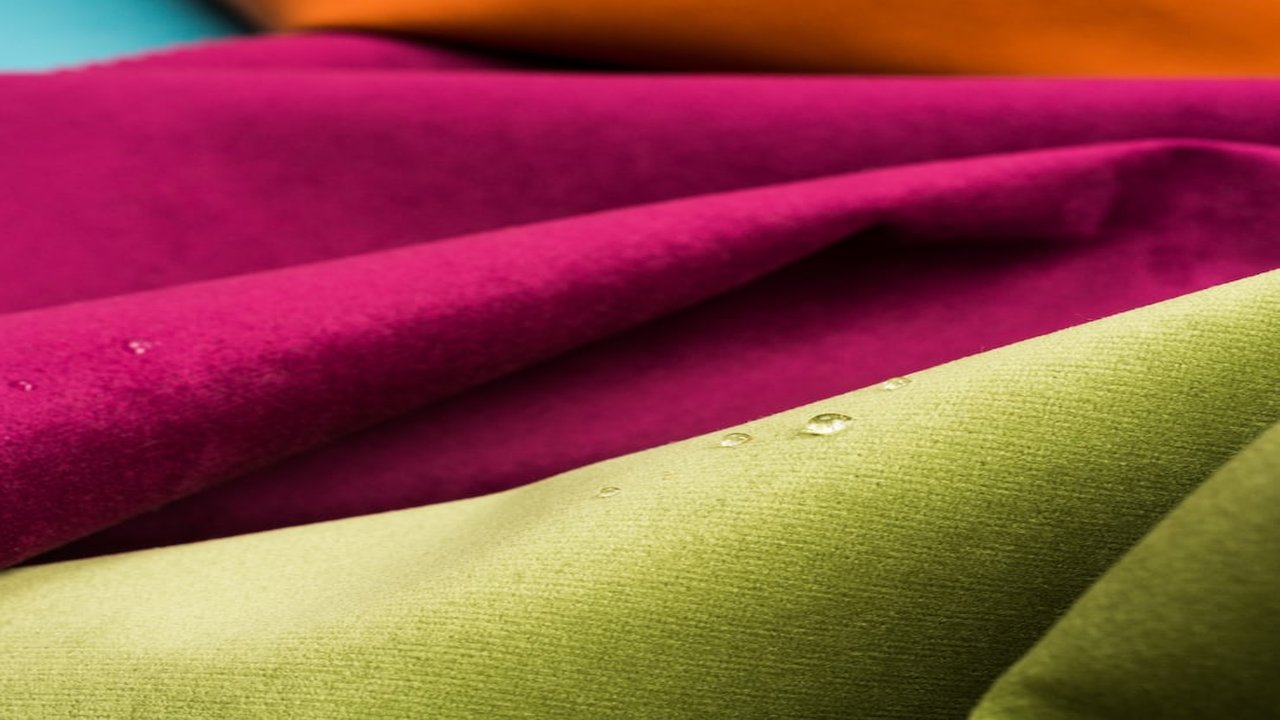 In a bold move towards sustainability, Nike has intensified its focus on recycled materials, forging long-term partnerships with textile-to-textile recycling pioneers Syre and Loop Industries. These strategic alliances underscore a pivotal shift in the fashion industry, where brands are increasingly committing to eco-friendly practices to meet growing consumer demand for sustainable products. The agreements not only showcase Nike's dedication to reducing its environmental footprint but also highlight the crucial role of off take commitments in driving the expansion of innovative recycling technologies.
In a bold move towards sustainability, Nike has intensified its focus on recycled materials, forging long-term partnerships with textile-to-textile recycling pioneers Syre and Loop Industries. These strategic alliances underscore a pivotal shift in the fashion industry, where brands are increasingly committing to eco-friendly practices to meet growing consumer demand for sustainable products. The agreements not only showcase Nike's dedication to reducing its environmental footprint but also highlight the crucial role of off take commitments in driving the expansion of innovative recycling technologies.
Sustainability in Fashion Supply Chains
The recent partnerships between Nike, Syre, and Loop Industries underscore a significant shift towards sustainability in the fashion industry. As consumer demand for eco-friendly products continues to rise, brands are increasingly focusing on incorporating recycled materials into their supply chains. Nike's commitment to using textile-to-textile recycled polyester aligns with its goal to reduce environmental impact while meeting performance standards. By partnering with Syre and Loop Industries, Nike is not only demonstrating its dedication to sustainability but also driving innovation in recycling technologies. These collaborations highlight the importance of long-term purchasing commitments in scaling up emerging recycling solutions, a critical element in achieving sustainable production practices.
Scaling Circular Economy Initiatives
Syre's strategic partnership with H&M Group and Nike marks a significant milestone in advancing circular economy initiatives in the fashion industry. By becoming Nike's lead strategic supplier for textile-to-textile recycled polyester, Syre is poised to secure financing for its commercial-scale recycling facility in Vietnam. This move not only strengthens Syre's position in the market but also signals a broader industry shift towards circular materials. With plans to hit a production capacity of over 3 million metric tonnes by 2032, Syre's collaboration with Nike and H&M Group sets a precedent for other brands to embrace sustainable sourcing practices and invest in closed-loop recycling technologies.
Innovation and Market Competitiveness
The partnerships between Syre, Loop Industries, and global brands like Nike are driving innovation and enhancing market competitiveness in the fashion industry. Syre's commitment to producing recycled polyester for Nike and other major retailers positions the company as a key player in the sustainable materials market. By securing long-term offtake agreements with industry giants, Syre is not only attracting financing for its expansion but also solidifying its reputation as a reliable supplier of recycled fibers. Similarly, Loop Industries' collaboration with Nike for its chemically recycled polyester resin underscores the growing demand for sustainable solutions in textile manufacturing. These partnerships are reshaping the competitive landscape by incentivizing companies to adopt eco-friendly practices and differentiate themselves through sustainable sourcing strategies.
Supply Chain Resilience and Stakeholder Engagement
The integration of Syre and Loop Industries into the supply chains of major brands like Nike highlights the importance of supply chain resilience and stakeholder engagement in driving sustainable business practices. By partnering with innovative recycling startups, Nike is not only diversifying its supply sources but also fostering collaboration with key stakeholders to achieve shared sustainability goals. The off take agreements between Nike, Syre, and Loop Industries demonstrate a commitment to long-term partnerships that benefit all parties involved. This strategic approach not only enhances supply chain transparency but also strengthens relationships with suppliers and customers, paving the way for a more sustainable and resilient fashion industry ecosystem.
Consumer Perception and Brand Reputation
The strategic alliances between Nike, Syre, and Loop Industries are not only reshaping supply chain dynamics but also influencing consumer perception and brand reputation. As consumers increasingly prioritize sustainability in their purchasing decisions, brands that embrace recycled materials and eco-friendly practices are likely to gain a competitive edge. Nike's focus on incorporating recycled fibers into its products not only aligns with consumer preferences but also enhances its brand image as a responsible corporate citizen. By partnering with Syre and Loop Industries, Nike is not only meeting consumer expectations for sustainable products but also setting a precedent for other industry players to follow suit. These collaborations are not just about reducing environmental impact but also about building a positive brand narrative that resonates with socially conscious consumers worldwide.
Conclusion
The strategic partnerships between Nike, Syre, and Loop Industries exemplify a groundbreaking shift towards sustainability in the fashion industry, setting a new standard for eco-friendly practices and circular economy initiatives. By prioritizing recycled materials and driving innovation in recycling technologies, these collaborations not only showcase a commitment to reducing environmental impact but also enhance market competitiveness and stakeholder engagement. As consumer demand for sustainable products rises, brands like Nike are not just meeting expectations but shaping a positive brand narrative that resonates with socially conscious consumers globally. This transformative journey towards sustainability underscores the pivotal role of long-term partnerships and off take commitments in fostering a more resilient and responsible fashion ecosystem.